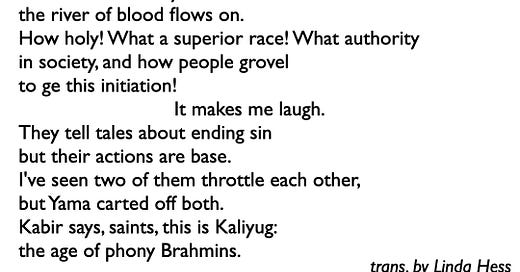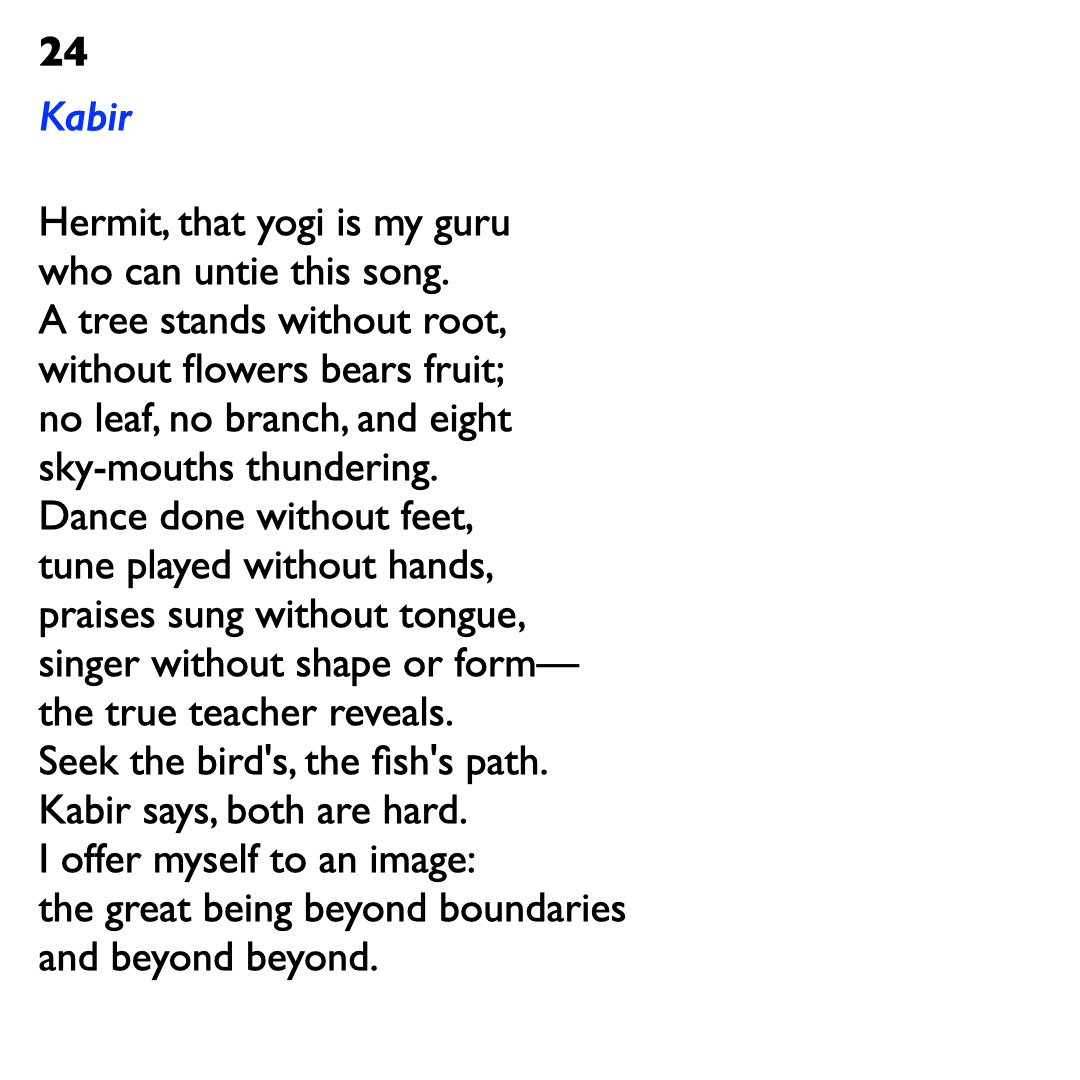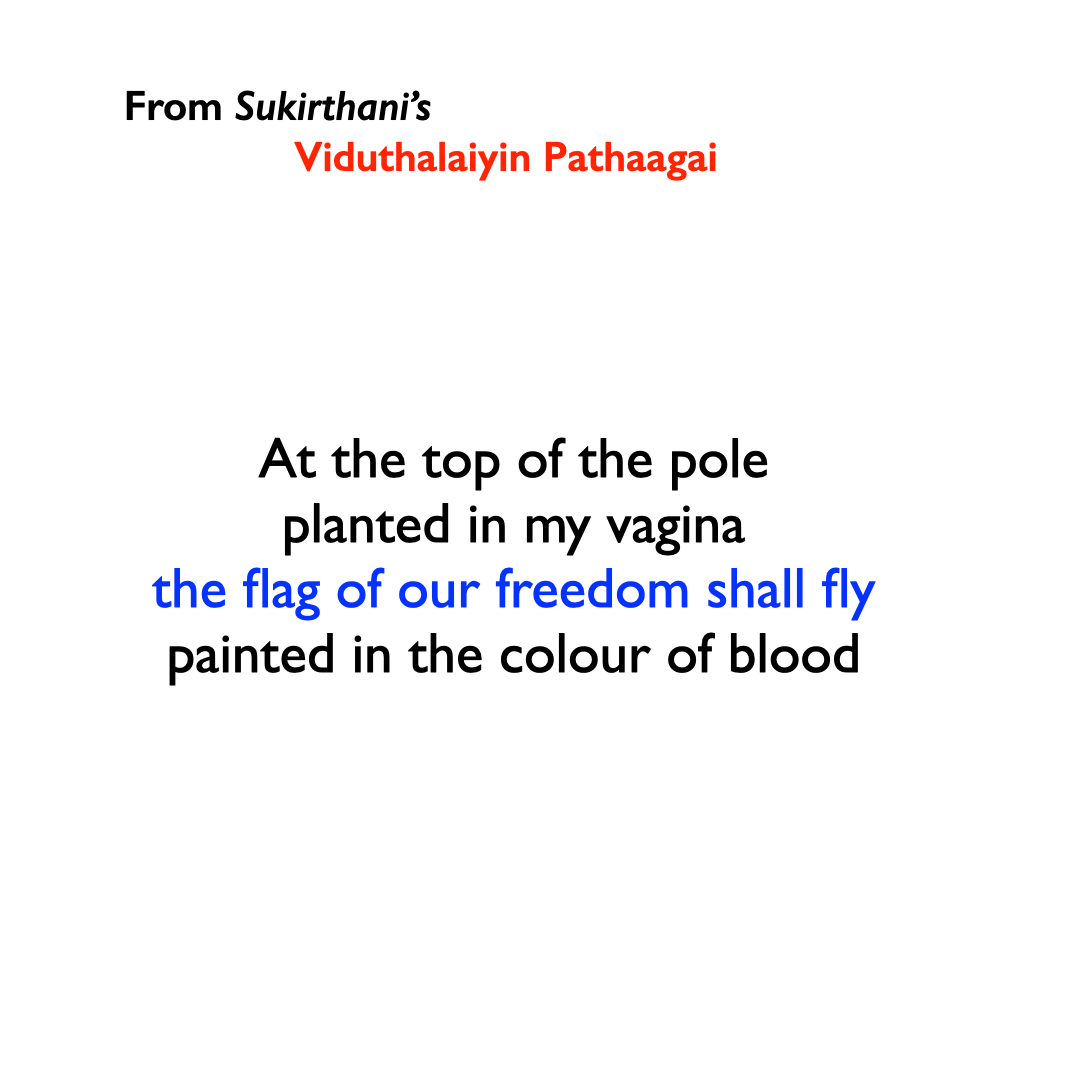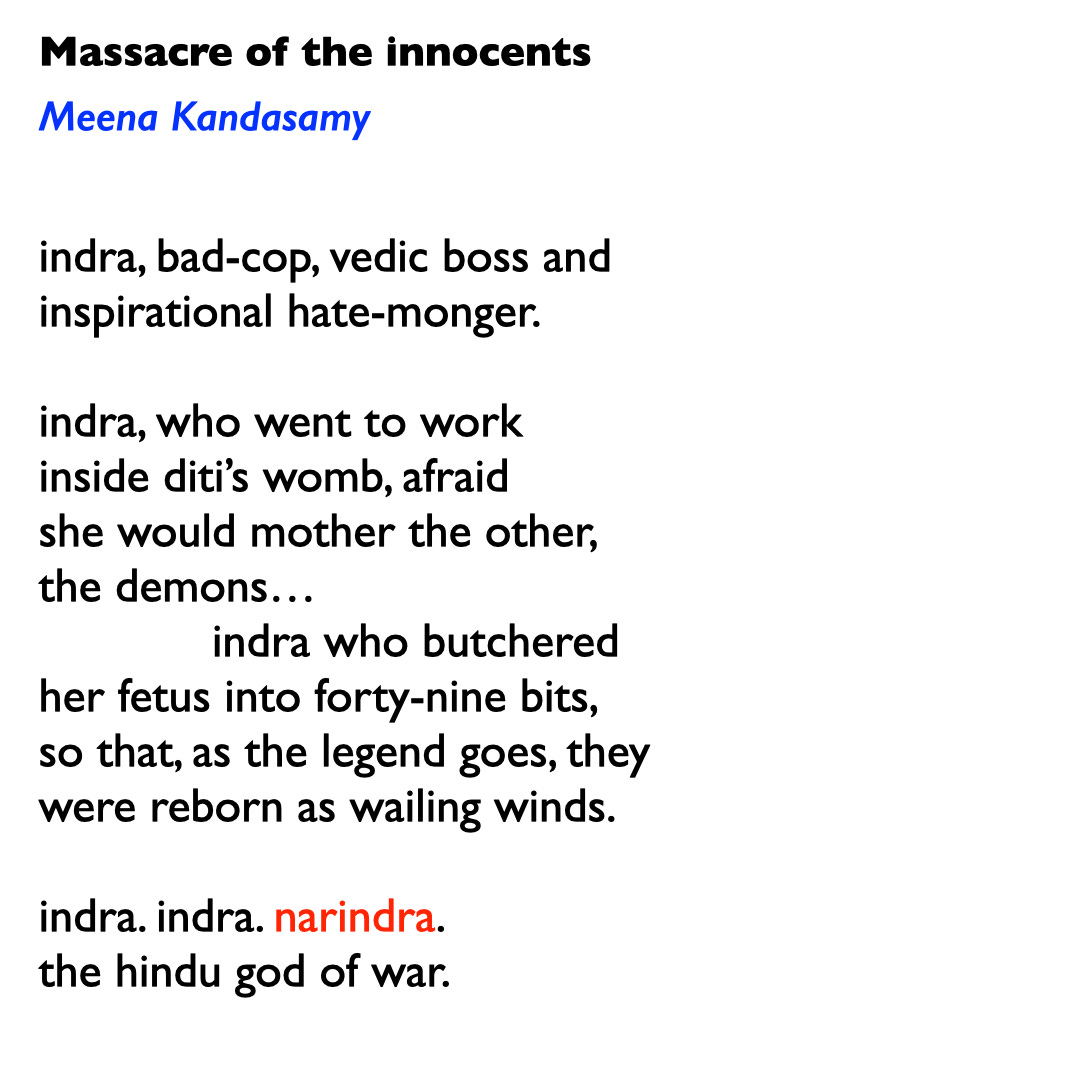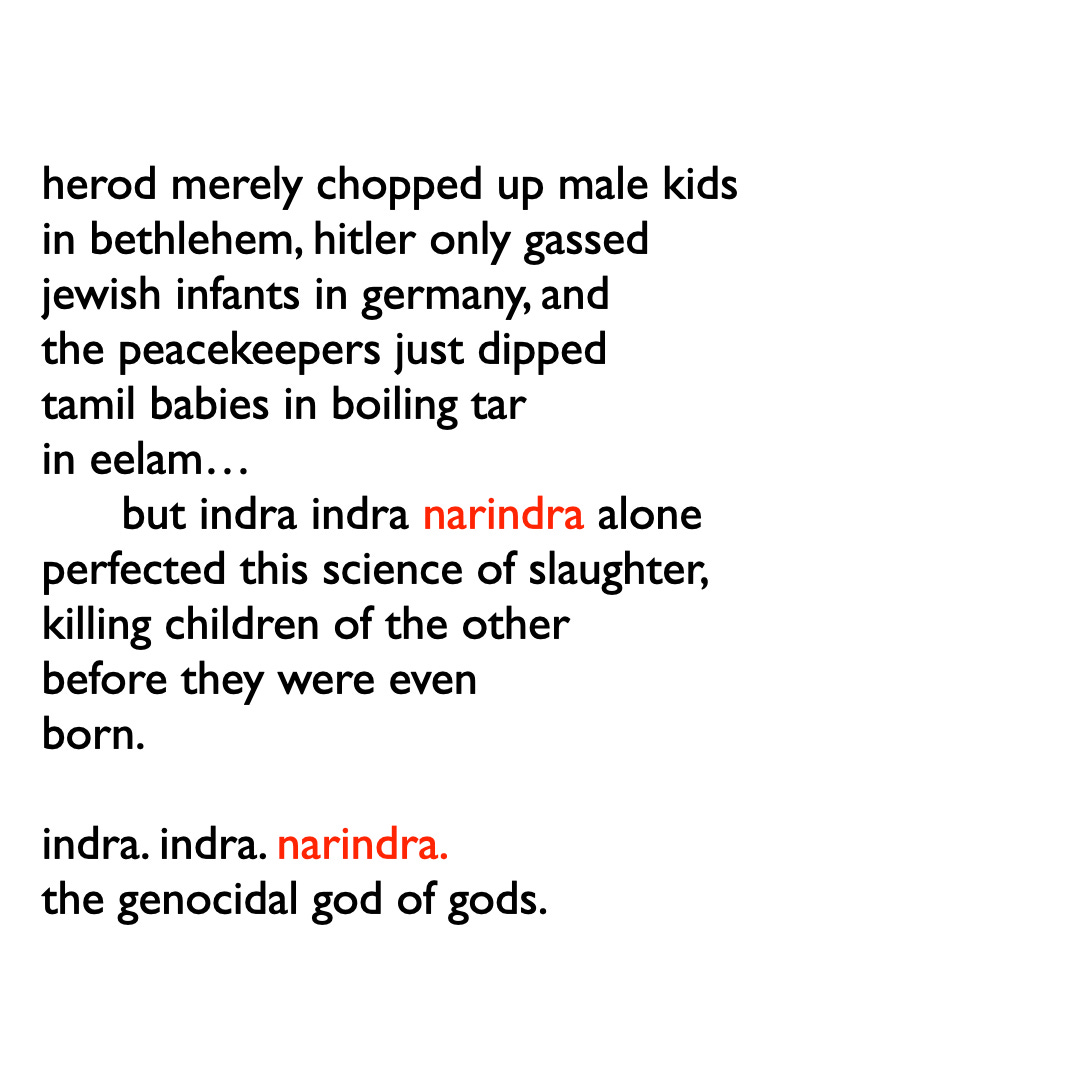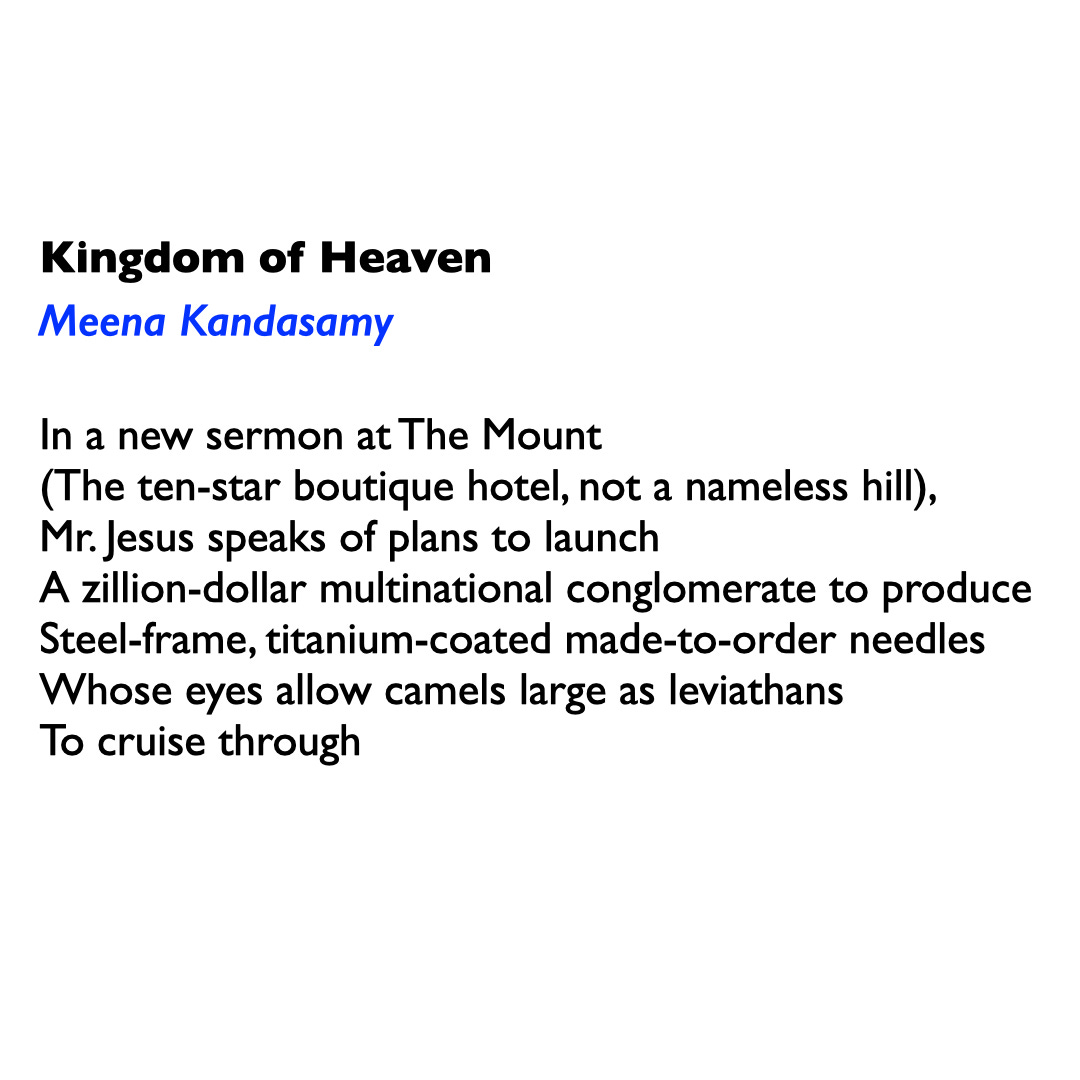Today is 6th December. A date written in our collective memory with blood and stone. Curdled blood, Crumbling stone. The demolition of the Babri Masjid, after the culmination of Advani’s infamous Rath Yatra, was actively endorsed by the Vajpayee government. Many years later in an interview, Advani would say that it was ‘the saddest day of (his) life’. I doubt if it was remorse, but at least he had the sense to pretend like he cared. Clearly, our supreme leader has other things to worry about, his sights are locked elsewhere, in Ram Rajya.
I often wonder about these fascist imaginations. Even they might see some sort of working ‘ideal state’, is it not? Their corrupted gaze attempts to replicate a kind of perfection that is often personified by vulgar phallic constructions. There are examples of these everywhere, even in Hitler’s Germany. I found out recently from a friend, that Narcissists apparently have the distinction of being good institution builders. We are in the presence of factories of loathing whose misguided gaze cannot even aspire to create an efficient version of their utopia.
Let us listen instead to Kabir, who also spoke about Ram, but his radical vision is too nuanced, even for this time.
The thread gets wet, the warp is wrecked,
the weaver goes away mad.
Kabir says, who created this?
Stop spreading yourself out thin,
worship Ram, it's harsh,
this life-and-death ocean.
In Linda Hess’s translation, a few verses from his Bijak:
“What’s taken away, will it come again tomorrow?”
There was another legend who imagined a utopia, who gave his life to that vision of equality and dignity. 6th December is also celebrated as Mahaparinirvan Divas - the death anniversary of Babasaheb Ambedkar.
In the context of the ongoing historic struggle against the upper caste Brahminical juggernaut, let me quote the words of the Tamil Dalit feminist poet, Sukirthani, from an interview where she talks about various things that led to her identity as a poet of freedom and resistance:
If there is a dispute between the upper caste men over laying a road, they will fight it out amongst themselves and resolve. But if it is up against a Dalit family, female bodies are dragged into the violence, which is the most deplorable plight that still prevails. Normally, a feminine body is disrespected, but a Dalit feminine body is almost hated. When Priyanka, a Dalit woman was paraded around naked and murdered in the 2006 Khairlanji massacre, her picture surfaced all over the internet. I could not sleep for a week after seeing that. I was gripped by fear. That could have happened to me.
In order to process that fear, I started writing. My poetry has never been packed with any sort of requests or begging anyone to do or not to do something. I just write whatever has happened. There is a line in the poem Viduthalaiyin Pathaagai:
This poetry of rupture is not alien to Sukirthani - I just write whatever has happened.
To conclude, I share with you 3 poems from Meena Kandasamy’s rupture of verse that is Ms. Militancy. It has been some time since this book was published, but the words, especially ‘indra, indra, narindra’ ring with a fury that is pertinent today. These lines are torrents that engulf the dominant narrative, they untether the sacred from the imagination of the violent, patronising Hindu gaze. In their disruptive fervour, they unclothe the Moloch for what it is - a vacuous, destructive frenzy of hatred and insecurity, garbed in the thin sheen of ‘development’.
If the poems and the commentary resonate, do consider ‘buying me a coffee’.
(Matlab, if you can’t, that’s also fine, obviously. This is a free newsletter)
Note: Those, not in India, who’d like to support the work I do at Poetly, do write to me - poetly@pm.me. (Paypal has left the building)
Thanks for reading Poetly! Do subscribe if you are not reading this in your inbox. Cheers!

